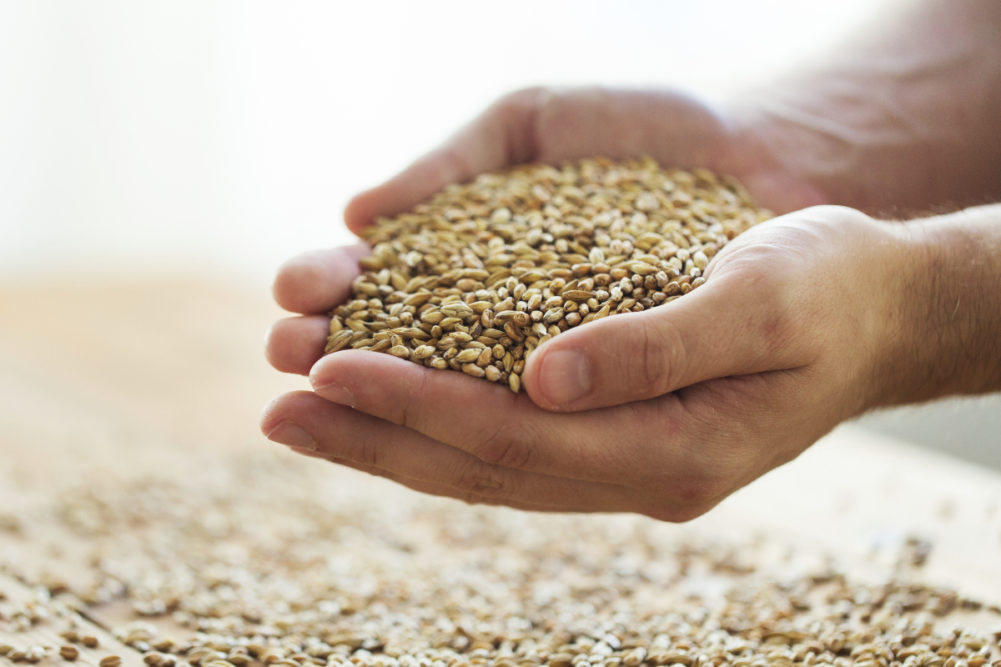ITHACA, NEW YORK, US — The US Department of Agriculture (USDA) is funding infrastructure development for organic grains with a $2 million grant over three years.
The multi-institution team includes Cornell University, the University of Vermont, the University of Wisconsin, the University of Maine, the University of Illinois, Oregon State University and South Dakota State University.
The project will work to establish an organic industry for grains such as bread wheat, naked barley, hulless oats, rye, emmer, spelt and einkorn through infrastructure development.
Mark Sorrells, project principal investigator and professor of plant breeding and genetics of Cornell University, told the Cornell Chronicle, “Grains are very nutritious and are a critical part of the human diet. Consumers tend to focus on wheat products and overlook some of the other very diverse and flavorful grains, such as ancient grains.”
The USDA National Institute of Food and Agriculture Organic Agriculture Research and Extension grant has four goals:
- Breeding: The team will evaluate germplasm and develop new varieties of small grains that will be adapted to regional climates and climate change challenges. Nutrition quality also will be evaluated.
- Organic management: Will develop guidelines for seed production, disease control, planting, harvesting and cleaning.
- Marketing: Assess consumer demand and distribution of local and regional organic grain. Also establish supply chain for specialty markets.
- Outreach: Create a program to connect stakeholders within the organic grain supply systems.
The Cornell University team has been working with New York bakeries to use alternative flours in baked foods. The team also is working with processors to supply food products to consumers.




